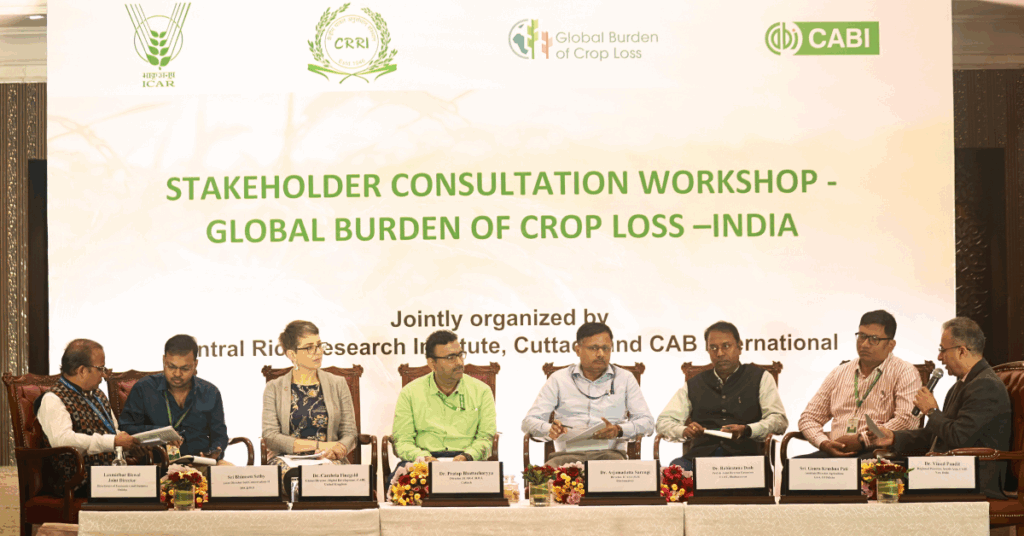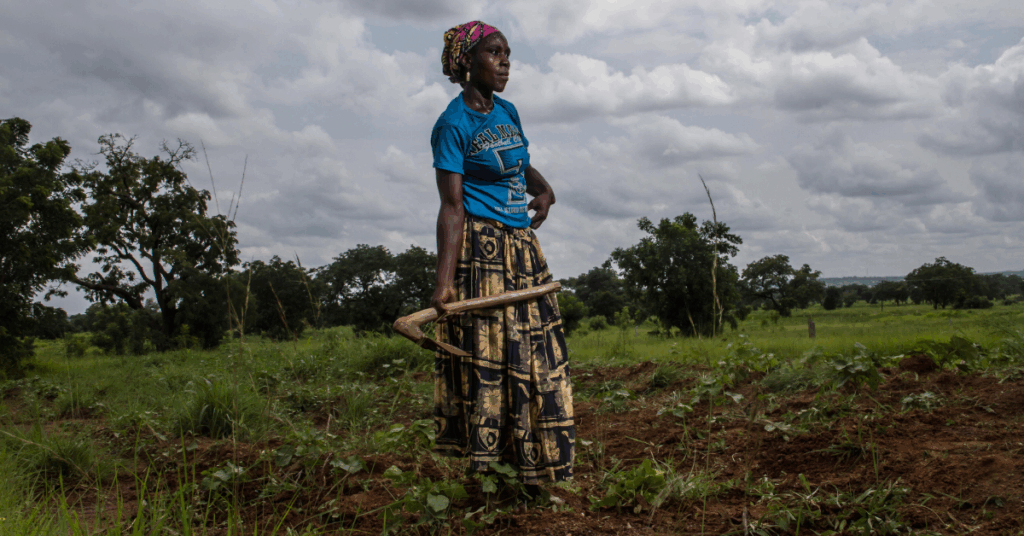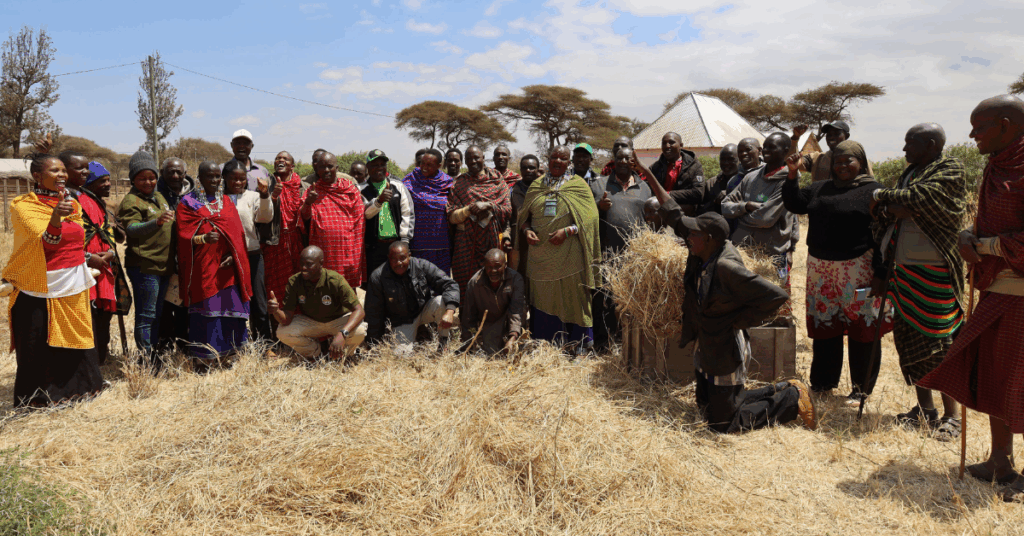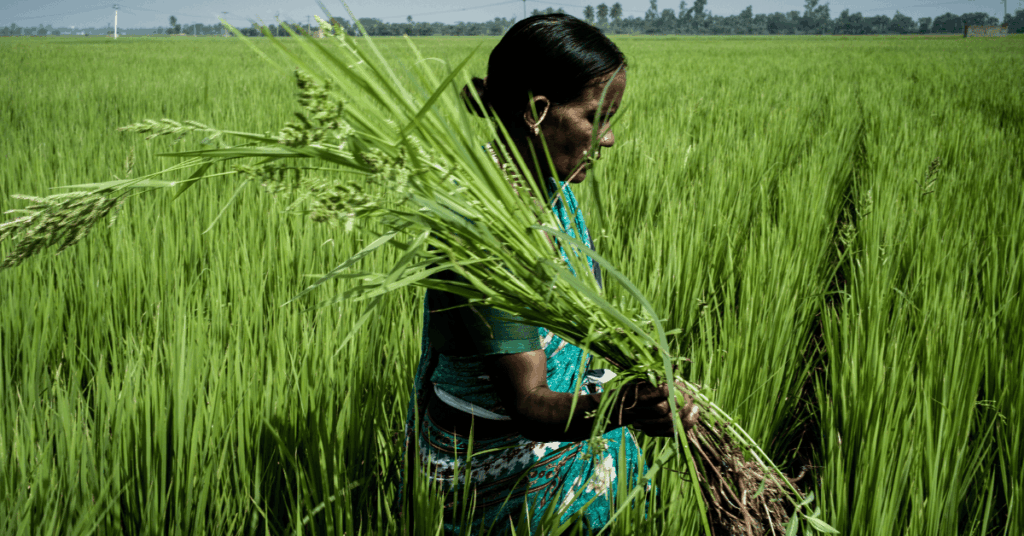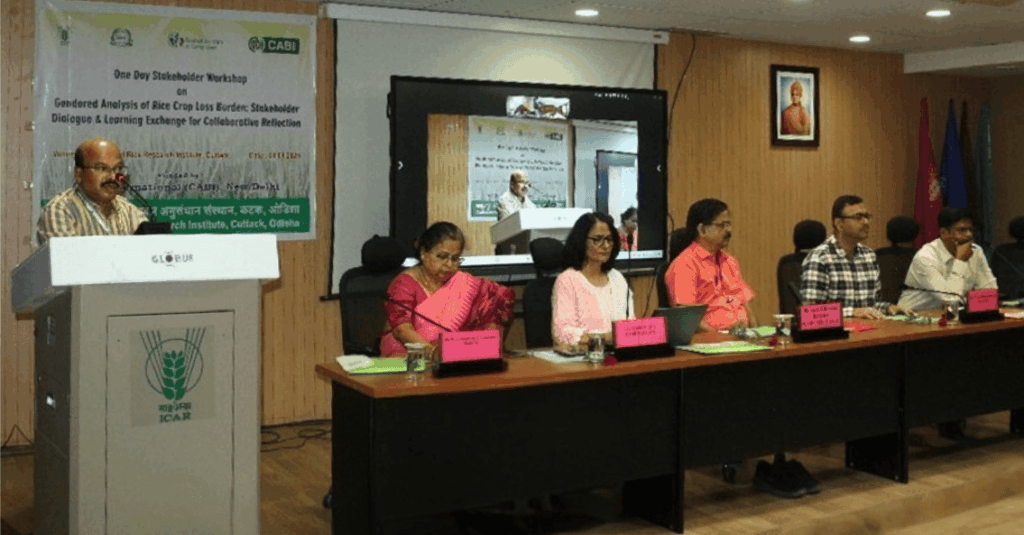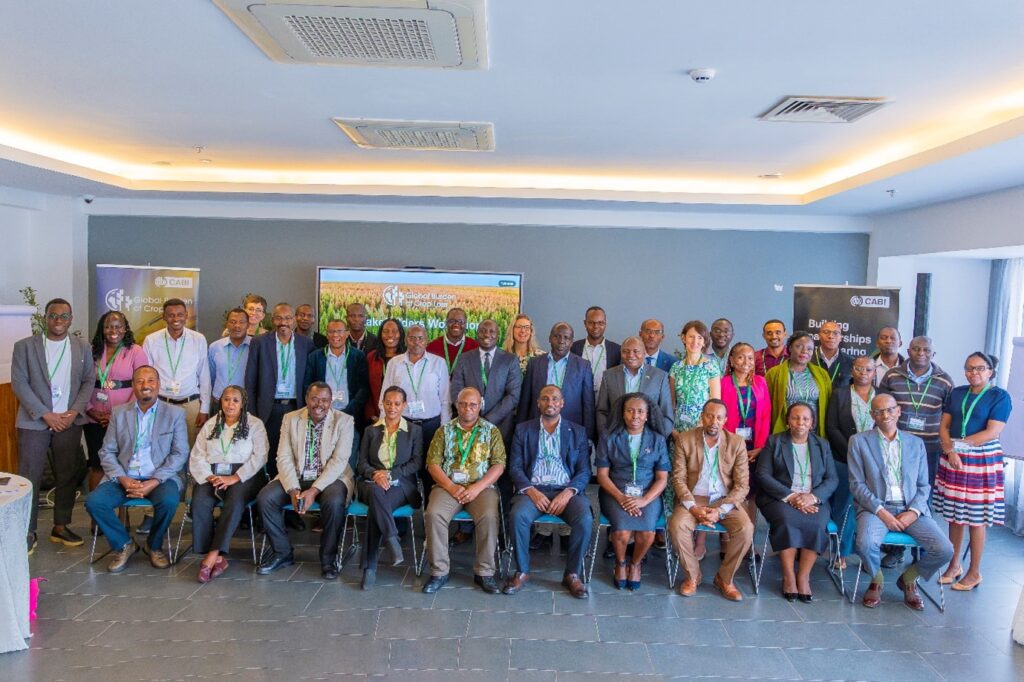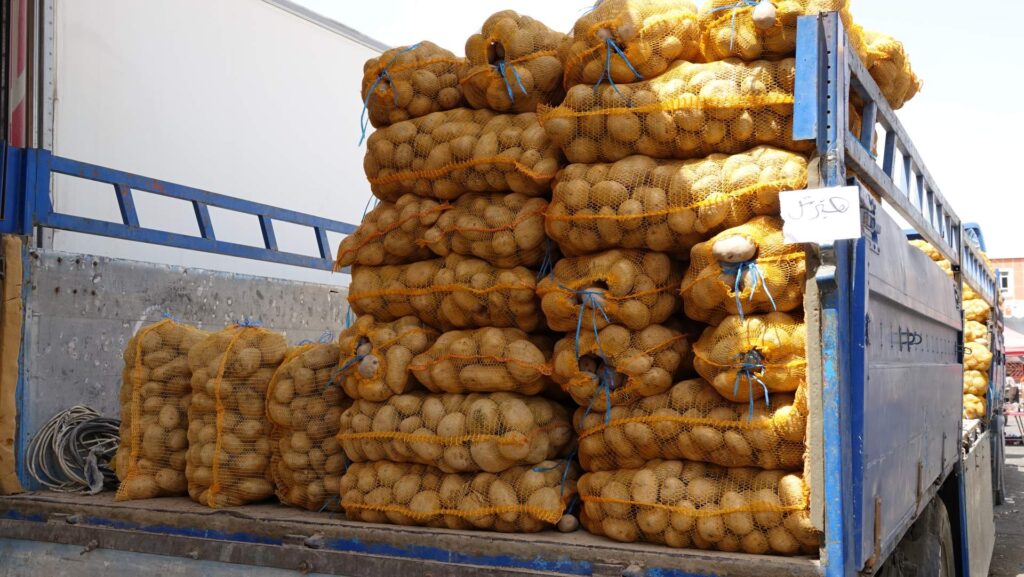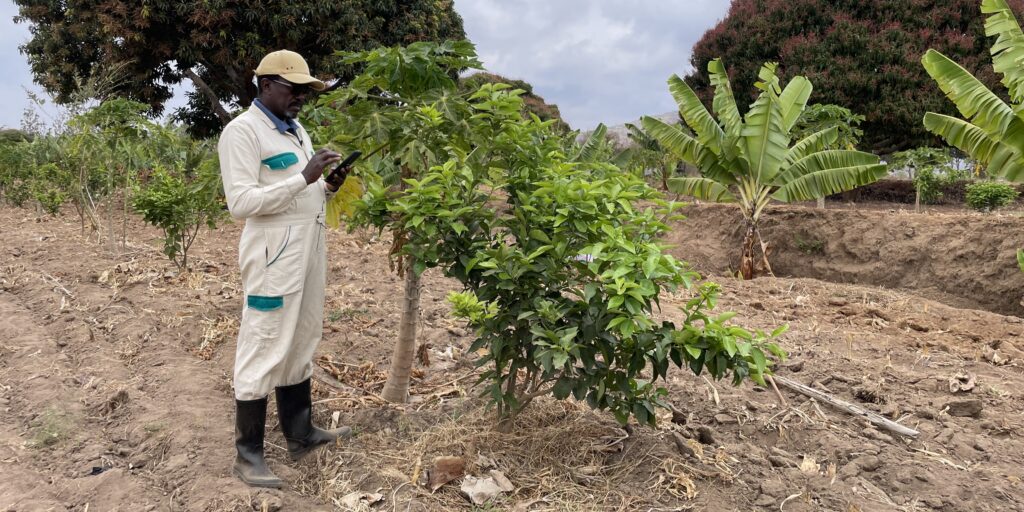CABI Blog
You are here: CABI Blog
Partnering to improve crop loss data for Odisha’s rice farmers
December 3, 2025
Kritika Khanna
No Comments
CABI and CRRI are partnering to strengthen crop loss data in Odisha’s rice systems. Through workshops and stakeholder engagement, the initiative aims to generate robust evidence to support farmers, inform policy, and build resilient, data-driven approaches to reduce crop losses.
One Health research: the three big questions
November 14, 2025
Monique Tsang
No Comments
CABI’s One Health Research Roadmap identifies knowledge gaps and future priorities, guiding researchers and policymakers to deliver coordinated, cross-sectoral solutions for people, animals, plants, and ecosystems.
CABI Landscapes Initiative reports major progress across Eastern Africa
November 12, 2025
Wayne Coles
No Comments
CABI’s Landscapes Initiative is making major strides in Eastern Africa, restoring degraded ecosystems, managing invasive species, and promoting community-led solutions through Integrated Landscape Management.
CRRI-CABI collaboration seeks inclusive solutions for crop loss assessment in rice farming systems
October 31, 2025
Kritika Khanna
1 comment
CABI has launched a landmark collaboration with the Central Rice Research Institute (CRRI) to assess the socio-economic impact of crop losses in rice ecosystems in Odisha, India with a special focus on how these losses affect men and women differently. This initiative is part of CABI’s Global Burden of Crop Loss programme, which aims to…
Pesticide risk reduction supports sustainable food systems – here’s how
October 16, 2025
Melanie Bateman
No Comments
Reducing pesticide risks protects farmers, consumers, and the environment. On World Food Day, CABI highlights how safer, science-based pest management supports sustainable food systems and strengthens food security.
CABI and CRRI explore gender gap of crop loss impact at Odisha, India workshop
October 6, 2025
Kritika Khanna
No Comments
Why do men, women and youth experience crop loss differently? That question took centre stage at a stakeholder workshop in India, organized by the Central Rice Research Institute (CRRI) and CABI’s Global Burden of Crop Loss. Crop loss remains a pressing global challenge, with up to 40% of crops lost before harvest each year due…
Every kilogram counts: Tackling crop loss in Kenya and Ethiopia with data-driven action
August 6, 2025
Eunice Murathe
No Comments
In Kenya and Ethiopia, experts are using data-driven approaches to tackle crop loss in maize and wheat—boosting food security, farmer incomes, and national decision-making through the Global Burden of Crop Loss initiative.
Strengthening the potato value chain in the Kurdistan Region of Iraq
June 3, 2025
Anna Wood
No Comments
On 30th May, we marked the International Day of Potato. In this blog, CABI’s Crop Health Advisor Anna Wood provides an update on a five-year project led by CABI to strengthen the potato value chain in the Kurdistan Region of Iraq. An ambitious five-year project led by CABI to strengthen the potato value chain in…
Making data work better in agriculture with FAIR principles
May 27, 2025
Toby Penrhys-Evans
No Comments
CABI’s ‘Enabling FAIR data sharing and responsible data use’ project, funded by the Gates Foundation, is helping transform agricultural development by promoting FAIR data in agriculture. The project empowers stakeholders with tools and capacity to improve data sharing and digital innovation.
Joint efforts towards strengthening harmonization in the pesticide regulatory landscape of the Philippines
May 23, 2025
Sabyan Faris Honey, Saqib Ali
No Comments
CABI together with the United States Department of Agriculture (USDA) and the Fertilizer and Pesticide Authority (FPA) of the Philippines have produced working manuals to help strengthen harmonization of the pesticide landscape in the Philippines. The manuals include guidelines that ensure consistency in reviewing pesticide registration on globally accepted practices based on bio-efficacy and residue…
Subscribe to blog
DISCLAIMER
Views expressed in contributions do not necessarily reflect official CABI positions.
Archives
Categories
- Agriculture and International Development
- Veterinary and Animal Sciences
- Climate change and biodiversity
- Publishing
- Value chains and trade
- Crop health
- Environmental Sciences
- Human Sciences
- Tourism, Hospitality and Leisure
- Food and nutrition security
- Plant Sciences
- Gender and youth
- Digital development
- Development communication and extension
- Economic development
- Invasive species
- CABI Bioservices
- One Health


